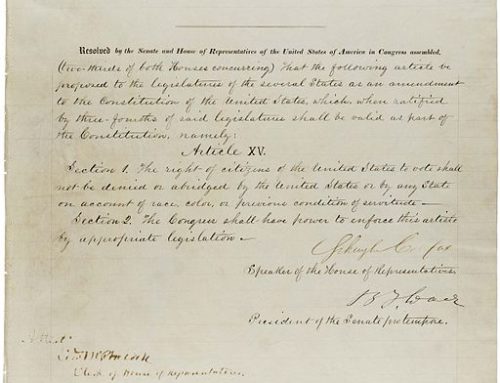I believe that the decision by New York’s top prosecutor to sue J.P. Morgan for $ billions for widespread fraud in the sale of mortgage-backed securities is reprehensible. The case is the first to be brought under the aegis of a group of federal and state prosecutors formed by Barack Obama. The big loser is the credibility of the government. How does a company work with the federal government, if it makes it vulnerable to massive liabilities on the state level? If successful, this law could point the way to significantly more financial pain for the big banks. Is it in our nation’s interest given our fragile economy for the big banks to be under siege?
Central to my argument is that the culprit is not J.P. Morgan, but Bear, Stearns—a firm purchased at the strong request of the U.S. Treasury Department and Federal Reserve in March 2008. Pursuing claims against J.P. Morgan primarily hurts today’s shareholders—innocent parties. The former Chairperson of the FDIC, Sheila Blair, said on CNBC that the suit will also hurt the bank’s customers because the bank will try to pass on their costs. Blair feels that instead New York State should take criminal action against former Bear, Stearns employees. The suit does nothing to punish the employees of Bear, Stearns who perpetuated the alleged fraud.
This suit will establish a terrible practice. Specifically, executives of J.P. Morgan were solicited by government officials to acquire Bear, Stearns to prevent a financial meltdown. The worldwide panic following the collapse of Lehman Brothers in September 2008 underscores my point. At the time of the Bear, Stearns-J.P. Morgan merger, Morgan’s Chairman Jamie Dimon was heralded as a “hero” who could galvanize his organization to make speedy decisions. Today, Dimon will be under the “gun” for not getting nationwide indemnification. Going forward, executives will no longer be as trustful of the government. Instead of making a decision in a timely manner over a weekend, the prudent course of action is to require extensive guarantees. Working out the language over the guarantees could take weeks if not months. From a practical standpoint the market place required immediate action. This suit will prevent timely action on a going-forward basis.
The New York lawsuit takes the approach of targeting fraud across the firm rather than restricting the allegations to a single deal, as federal regulators have done in many previous cases related to the financial crisis. Without specificity it is hard to determine accurately the actual damages suffered by investors. Even worse, do we not operate under the presumption that we “are innocent until proven guilty?” How possibly can we assess damages against J.P. Morgan without determining specifically the damage caused by specific Bear, Stearns mortgage pools.
In this period of economic fragility, attacking banks such as J.P. Morgan is not helpful. Suits such as this will take up enormous time of key bank executives and stifle risk-taking. Would our economy be well served if J.P. Morgan stock dropped precipitously? The next shoe to fall is Wells Fargo, who acquired Wachovia Bank. Wachovia got into deep financial problem from the purchase of Golden West Financial. The later was guilty of widespread mortgage irregularities. One wonders whether Eric Schneiderman, New York’s attorney general, is seeking headlines or justice.
Lastly, Bank of America just settled for close to $ 3 billion for the harm caused to their shareholders from the Merrill, Lynch merger. Again, the Federal Reserve and Treasury Department strong-armed Bank of America to complete the Merrill, Lynch merger when Merrill’s financial numbers deteriorated in December 2008. Is it fair to the shareholders of BAC to pay $ billions when federal officials at the highest levels forced them to acquire Merrill?
Originally published in the Sarasota Herald-Tribune



